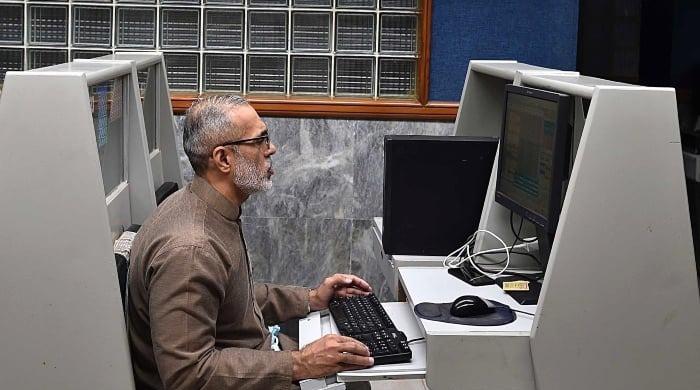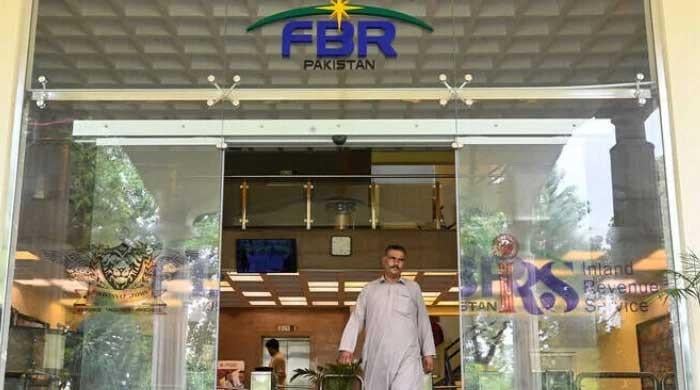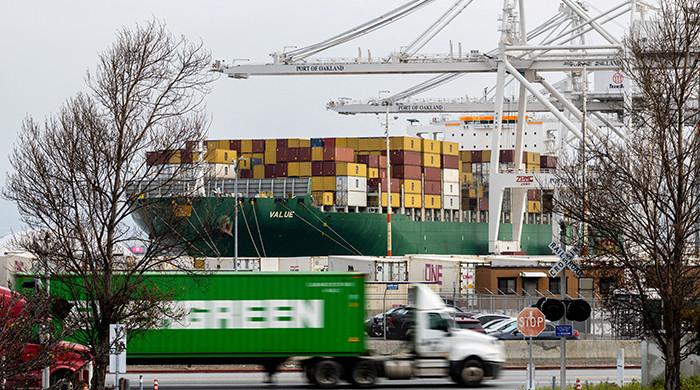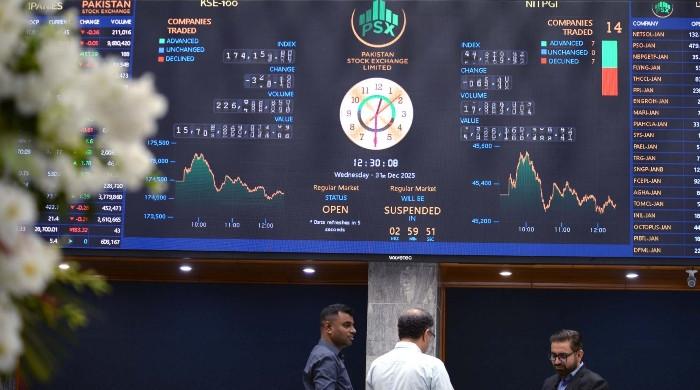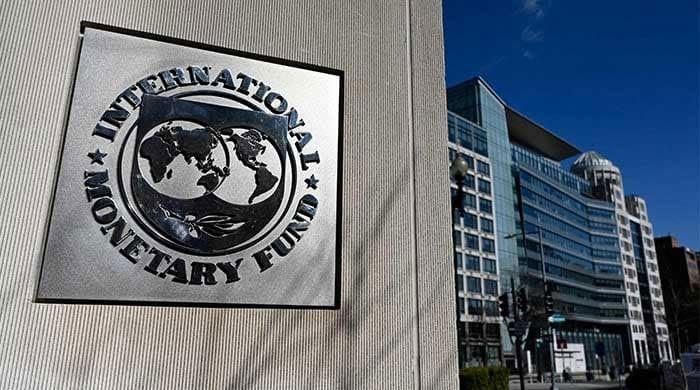SBP allows banks to raise credit limit of OMCs to facilitate oil imports
SBP eases rules, allowing banks to raise credit limit of some liquidity-challenged OMCs to ensure availability of petroleum products
April 07, 2022
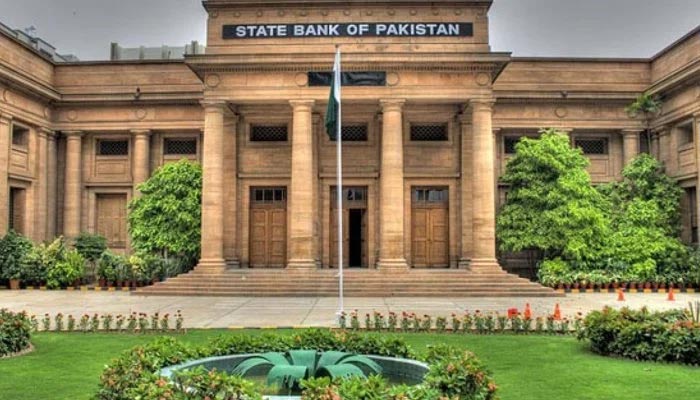
- SBP eases rules, allowing banks to raise credit limit of some liquidity-challenged OMCs.
- Aims to ensure smooth import and availability of petroleum products.
- Refineries have been asking for an increase in credit limit required to open LCs.
ISLAMABAD: To ensure smooth import and availability of petroleum products in the country, the State Bank of Pakistan (SBP) has eased its rules, allowing banks to raise the credit limit of some liquidity-challenged oil marketing companies (OMCs), The News reported.
The central bank wrote a letter to the Oil and Gas Regulatory Authority (OGRA), stating that the local lenders have remained accommodative to the oil sector’s credit needs and are willing to support the OMCs’ requirements, subject to positive credit due diligence.
The letter dated April 1, 2022 reads: "In view of the strategic importance of availability of petroleum products for meeting the domestic needs, the central bank has been actively engaged with the relevant stakeholders for the resolution of the issue and to this effect various meetings were arranged wherein representatives of banks, OMCs, and oil refineries participated."
Read more: PSX's Sahulat Account simplifies access of investors to stock market
According to the letter, SBP is monitoring the import transactions and credit exposures of OMCs to ensure the banks accommodate the credit needs of the sector promptly.
The central bank also asked OGRA, in case of any shortfall in the planned import oil target of any OMC, to share the same with it so that joint efforts could be made to resolve the issues on the dot.
The local refineries have been complaining to the government for a long time that their working capital situation has substantially been squeezed given the limited credit line, a massive increase in the prices of petroleum products in the international market, and walloping depreciation of the rupee against dollar.
Refineries have been asking for an increase in their credit limits required to open LCs (letters of credit) for timely import of crude oil for producing finished products such as mogas (motor gasoline or petrol), diesel, and furnace oil.
Read more: Pakistan's pace of economic growth to slow down to 4% in FY22, projects ADB
The additional secretary petroleum division in a letter, dated February 28, 2022, to the SBP Governor Dr Reza Baqir had mentioned that commercial banks were showing indifference to the demands of industry that was in dire need of an increase in the credit limit.
The commercial banks were earlier reluctant to increase the credit limits for OMCs and refineries because of a probe by FIA against Hascol after its default of Rs54 billion.
But the FIA had allowed all commercial banks to do business with scrupulous OMCs seeking an increase in their credit limits mainly because of the massive depreciation of rupee against dollar and high international fuels market.
However, in a recent meeting, held on March 31, 2022 to call on refineries to increase their throughput, it was decided that the Petroleum Division and OGRA would approach the central bank to help resolve credit limit issues hindering the oil sector from opening LCs for crude imports.
The Petroleum Division would take up the matter with DG(PC) and respective oil exploration and production companies (Oil and Gas Development Company, Pakistan Oilfields, Pakistan Petroleum Company) for increased supply of local crude to Attock Refinery Limited.
Read more: What will be the bank timings in Ramadan?
Further, it was also agreed that Cnergyico PK would pursue the banks for increasing credit limits for opening LCs for crude oil imports.
During the meeting the government assured the stakeholders of its best possible support. The meeting also struck consensus that in view of ongoing harvesting season and product availability issues in the international market, all refineries would ensure maximum capacity utilisation.
Another decision, taken in the meeting, was that all refineries would endeavour to increase furnace oil production in view of the prevailing LNG supply challenges and increased demand by the power sector.
The Petroleum Division was given the responsibility to process the approval required for notification for specification of HSD/PMG produced locally, which may facilitate increased production by refineries.




